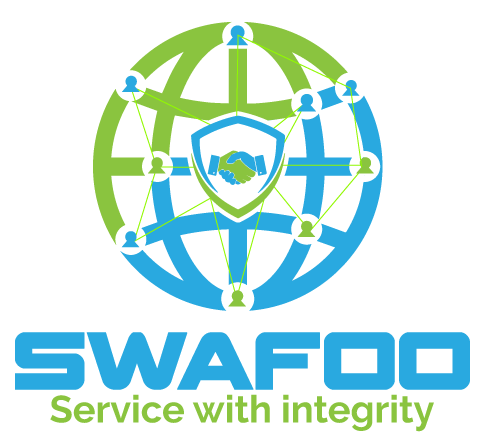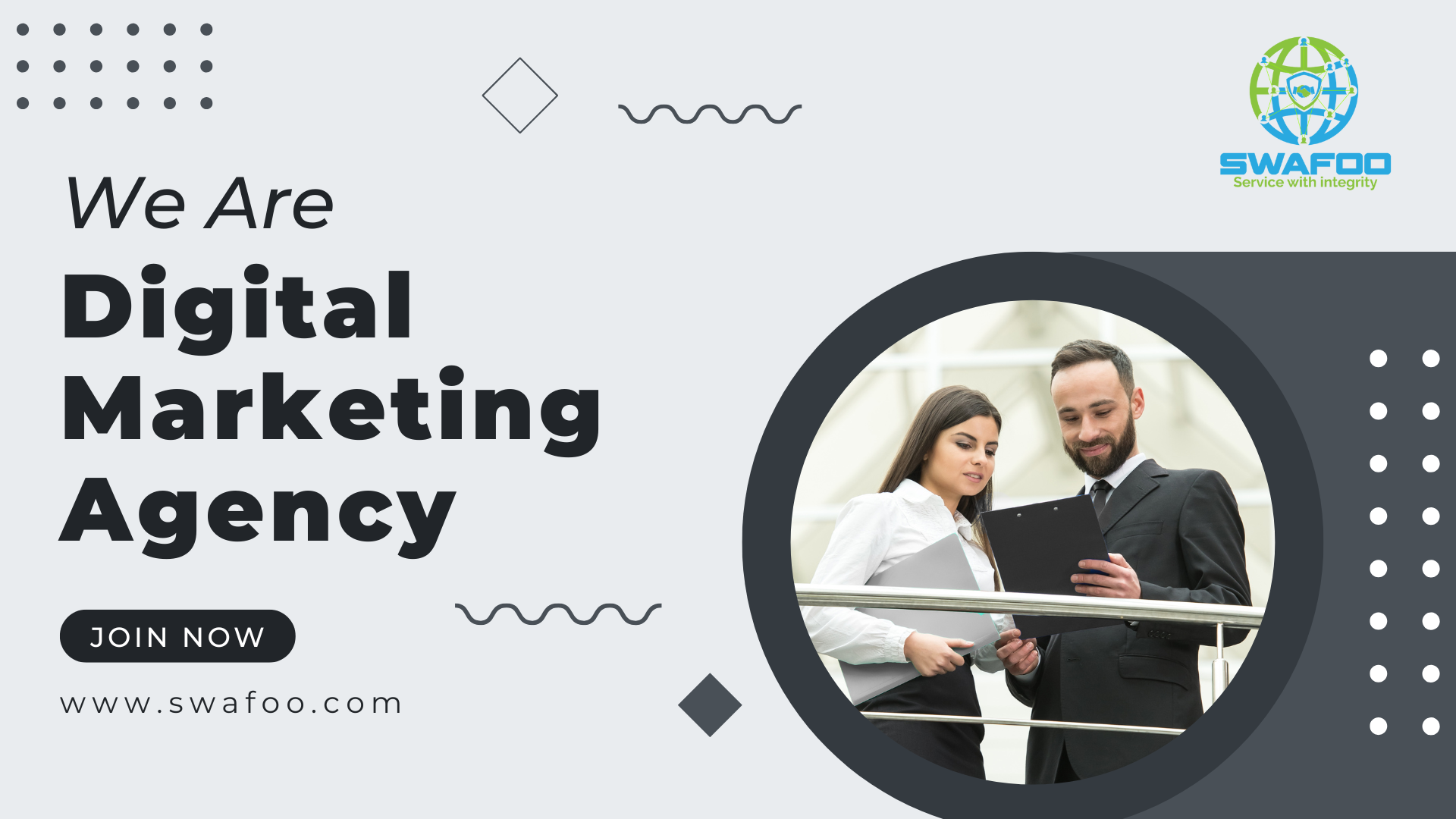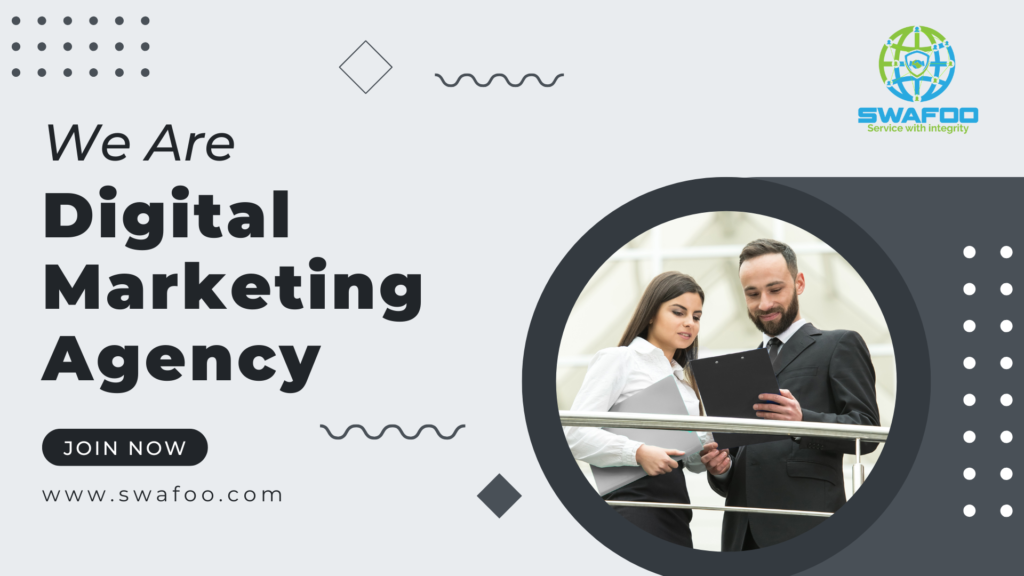Personalized Marketing for Effective Digital Marketing Strategies
Personalized Marketing for Effective Digital Marketing Strategies

In today’s competitive markets, businesses need to adopt marketing strategies that create meaningful connections with consumers. Personalized marketing is a strategy that tailors marketing communications based on customer data, helping brands deliver relevant content to individual consumers. Research has shown that customers want personalized experiences, making marketing personalization the key to successful customer engagement.
What is Personalized Marketing, and How Does It Work?
Personalized marketing, also known as one-to-one marketing, is a strategy that uses data about their preferences and behaviors to tailor messages to individual consumers. Companies use customer relationship management (CRM) tools, AI, and machine learning to analyze customer data and provide customized marketing campaigns. Personalized marketing works best when brands use first-party data and analytics to customize the customer journey at every touchpoint.
How Can Businesses Implement Personalized Marketing Effectively?
1. Understanding Customer Data for Personalization
To implement personalized marketing successfully, companies must focus on data collection and analysis. Marketing leaders say that customer relationship management (CRM) and analytics tools are needed for personalization. By leveraging customer data, businesses can individualize their marketing campaigns to create a personalized experience that enhances marketing ROI.
2. AI-Powered Personalized Marketing: The Key to Automation
AI and machine learning play a crucial role in automation and marketing personalization. AI-powered personalized marketing helps marketers analyze vast amounts of customer data, identify patterns, and create personalized messages that resonate with their audience. By using AI, companies can foster brand loyalty and increase customer engagement.
3. The Role of Marketing Technology in Personalized Marketing
Marketing technology, including marketing cloud platforms and CRM systems, enables marketers to personalize their marketing efforts. Digital marketing tools help businesses tailor their communications to individual consumers, ensuring that customers are more comfortable interacting with brands that provide relevant content.
What Are the Benefits of Personalized Marketing?
1. Enhancing Customer Engagement and Loyalty
Customers want brands to personalize their shopping experience, making personalization in marketing essential for customer engagement. A successful personalized marketing strategy fosters brand loyalty by delivering customized experiences that keep consumers returning.
2. Increasing Conversion Rates and Sales
Companies that personalize their marketing efforts see a significant impact on business performance. Personalized campaigns and customized messages encourage customers to make a purchase, improving overall marketing ROI.
3. Reducing Marketing Costs and Maximizing Resources
The costs and benefits of personalized marketing must be carefully considered. While it requires time and resources to implement, marketing automation tools help marketers optimize their marketing funnel and maximize their return on investment.
Challenges of Personalization in Marketing
Despite its benefits, there are challenges of personalization that marketers must address. Customers are increasingly concerned about personal information and data privacy. Businesses must balance personalized marketing with ethical data collection practices to ensure customers feel secure.
Examples of Personalized Marketing in Action
1. Personalized Emails for Customer Retention
Email marketing is an excellent example of personalized marketing. Companies use AI-powered analytics to send personalized emails based on customer purchase history and behavior, increasing engagement and conversions.
2. Personalized Shopping Experiences in E-Commerce
E-commerce brands customize their shopping experience by offering personalized product recommendations based on browsing history. This strategy enhances the customer journey and increases sales.
3. Personalized Marketing Campaigns on Social Media
Internet marketing strategies leverage AI to deliver personalized messages to customers across social media platforms. Personalized marketing experiences on social media help brands connect with their audience on a deeper level.
How to Overcome Challenges and Implement Personalized Marketing Successfully
To implement personalized marketing effectively, companies should focus on:
- Using data analysis tools to gain insights into customer preferences.
- Leveraging AI and machine learning to automate marketing personalization.
- Ensuring ethical data collection to protect personal information.
- Customizing content marketing strategies to deliver personalized messages.
The Future of Personalized Marketing
The evolution of personalized marketing continues to shape the digital marketing landscape. As AI and machine learning become more advanced, marketers must adapt their business’s marketing strategy to stay ahead. Companies that personalize their marketing efforts will enhance marketing ROI, foster customer loyalty, and create personalized marketing experiences that drive long-term success.
Share This Post
Subscribe To Our Newsletter
Get updates and learn from the best
More To Explore
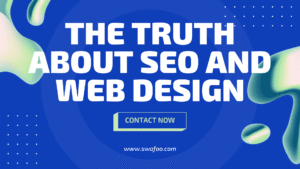
The Truth About SEO and Web Design: How Smart Design Can Improve Your Ranking
SEO and Web Design Every business wants to appear at the top of search engines. But few realize how closely web design and SEO work
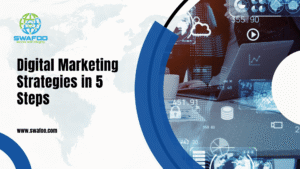
Digital Marketing Strategies in 5 Steps: How to Create One That Delivers Results
Marketing Strategies Creating digital marketing strategies that actually work isn’t about chasing trends or using every platform at once. It’s about focus, knowing what your
